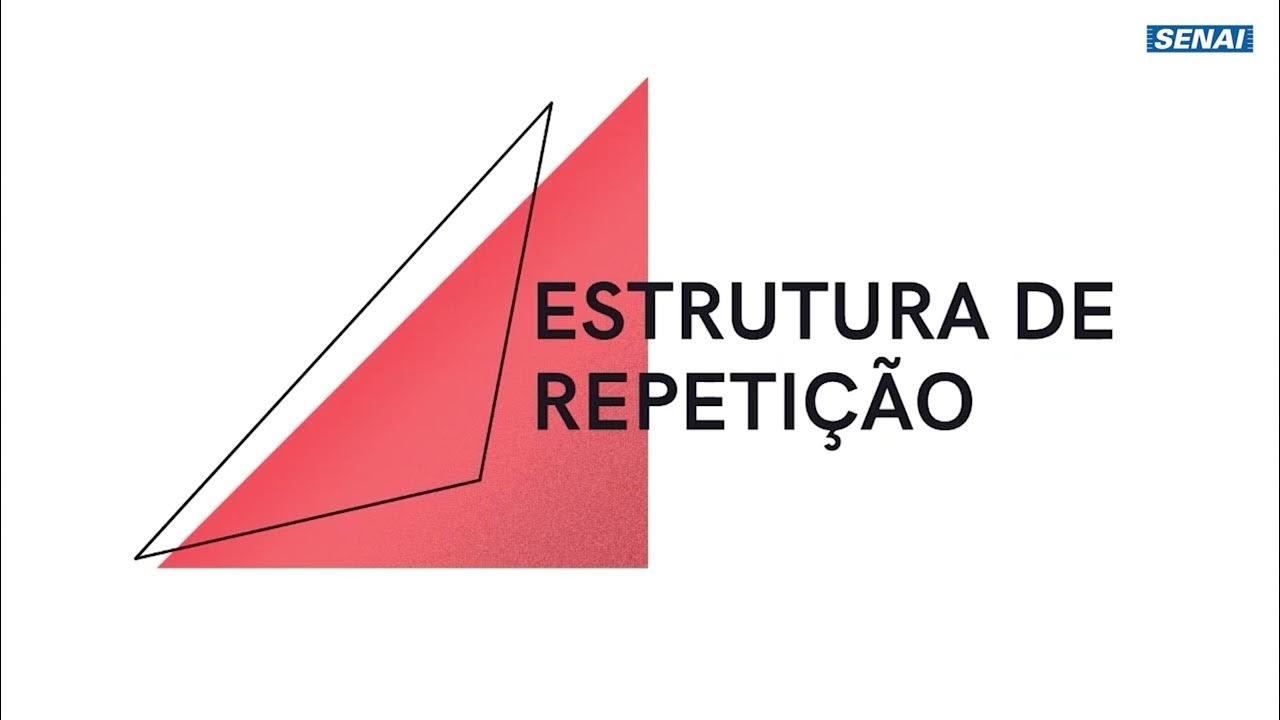Why Most People GIVE UP on Programming (And How to Avoid It)
Summary
TLDRLearning programming can be tough, especially at the start, due to a lack of logical thinking development in traditional education. Many beginners give up within six months due to unrealistic expectations, fear of failure, and comparing themselves to more experienced programmers. The video encourages viewers to embrace mistakes, focus on personal progress, and celebrate small wins. It also highlights the importance of persistence, finding support from mentors, and avoiding negative comparisons. The speaker shares personal experiences and advice to help beginners overcome common obstacles and stay motivated in their coding journey.
Takeaways
- 😀 Learning programming is difficult at first, just like learning to ride a bike or drive a car. The beginning is challenging, but persistence makes it automatic over time.
- 😀 Many people give up on programming within the first six months due to frustration, lack of confidence, and unrealistic expectations about the ease of learning.
- 😀 The education system often does not encourage logical thinking from an early age, making programming more challenging for beginners who are not used to thinking logically.
- 😀 It's crucial to understand that programming takes time, persistence, and practice. The process is long, and initial frustrations are normal. Keep going and you will improve.
- 😀 Comparing yourself to more experienced programmers on social media can lead to unnecessary frustration. Focus on your own progress and celebrate small victories.
- 😀 In the learning process, mistakes are inevitable and should not be feared. They are a natural part of programming. Try to embrace mistakes as opportunities to learn.
- 😀 The feeling of not making progress is common, but it's important to reflect on how much you’ve learned. If you can understand basic concepts like variables, loops, and functions, you're moving forward.
- 😀 Avoid negative comparisons with others. Social media can often present a distorted view of a person's progress. Focus on your own learning journey and growth.
- 😀 Negative comments and dismissive remarks from others, especially in the workplace or community, should be ignored. They often come from people who need to belittle others to feel superior.
- 😀 Having a mentor or someone experienced to guide you can be invaluable. Seek out people who are willing to help you, answer your questions, and provide guidance in your learning path.
Q & A
Why is learning programming so difficult at the beginning?
-Learning programming is difficult at first because, like any new skill, it requires a change in how we think. Unlike traditional learning, which focuses on memorization, programming demands logical thinking and problem-solving skills, which many of us weren't taught from an early age.
How does the process of learning programming compare to learning other skills, like riding a bike or driving?
-Learning programming is similar to learning to ride a bike or drive because, in the beginning, it's challenging, and you will likely make mistakes. However, with practice, these skills eventually become second nature. The key is persistence and practice.
What are the main reasons people give up on learning programming?
-The main reasons people give up on programming include frustration from unrealistic expectations, the fear of making mistakes, feeling like they aren’t making progress, comparing themselves to more experienced people, and dealing with negative feedback or criticism from others.
How can unrealistic expectations lead to frustration in programming?
-Unrealistic expectations often arise from marketing or exaggerated claims about how easy and quick it is to learn programming. When beginners face the reality of how difficult it is, the gap between expectations and reality can lead to frustration, especially when progress seems slow.
Why is making mistakes an essential part of learning programming?
-Making mistakes is a natural part of the learning process, especially in programming. Errors help you understand the logic and structure of code better. Avoiding mistakes out of fear hinders growth, so embracing them as learning opportunities is crucial.
What should someone do if they feel like they are not progressing in programming?
-If you feel like you're not progressing, take time to reflect on what you’ve already learned. Even if you haven’t mastered everything, you’ve probably gained knowledge about basic concepts like variables, loops, and functions. Tracking your learning can help you see the progress you’ve made.
Why is comparing yourself to others harmful during the learning process?
-Comparing yourself to others, especially those with more experience, can lead to discouragement. People often post their successes online, but these might not represent the full story. Instead, focus on your own journey and progress, and celebrate small victories.
How should someone handle negative comments or criticism while learning programming?
-Negative comments or criticism, especially from more experienced individuals, should be ignored. Focus on your own development, and don’t let others' opinions make you feel inadequate. Remember, everyone starts somewhere, and even experienced programmers make mistakes.
What mindset is important to have when learning programming?
-A growth mindset is key when learning programming. Instead of thinking 'this is too difficult for me,' reframe your thoughts to 'I will keep practicing and improving.' Believe that you can learn and grow with persistence and dedication.
How can celebrating small wins help in programming learning?
-Celebrating small wins keeps you motivated. Even seemingly small tasks like writing a loop correctly or fixing a bug are steps forward in your learning. Recognizing these small victories helps maintain a positive mindset and reinforces your progress.
Outlines

This section is available to paid users only. Please upgrade to access this part.
Upgrade NowMindmap

This section is available to paid users only. Please upgrade to access this part.
Upgrade NowKeywords

This section is available to paid users only. Please upgrade to access this part.
Upgrade NowHighlights

This section is available to paid users only. Please upgrade to access this part.
Upgrade NowTranscripts

This section is available to paid users only. Please upgrade to access this part.
Upgrade Now5.0 / 5 (0 votes)





